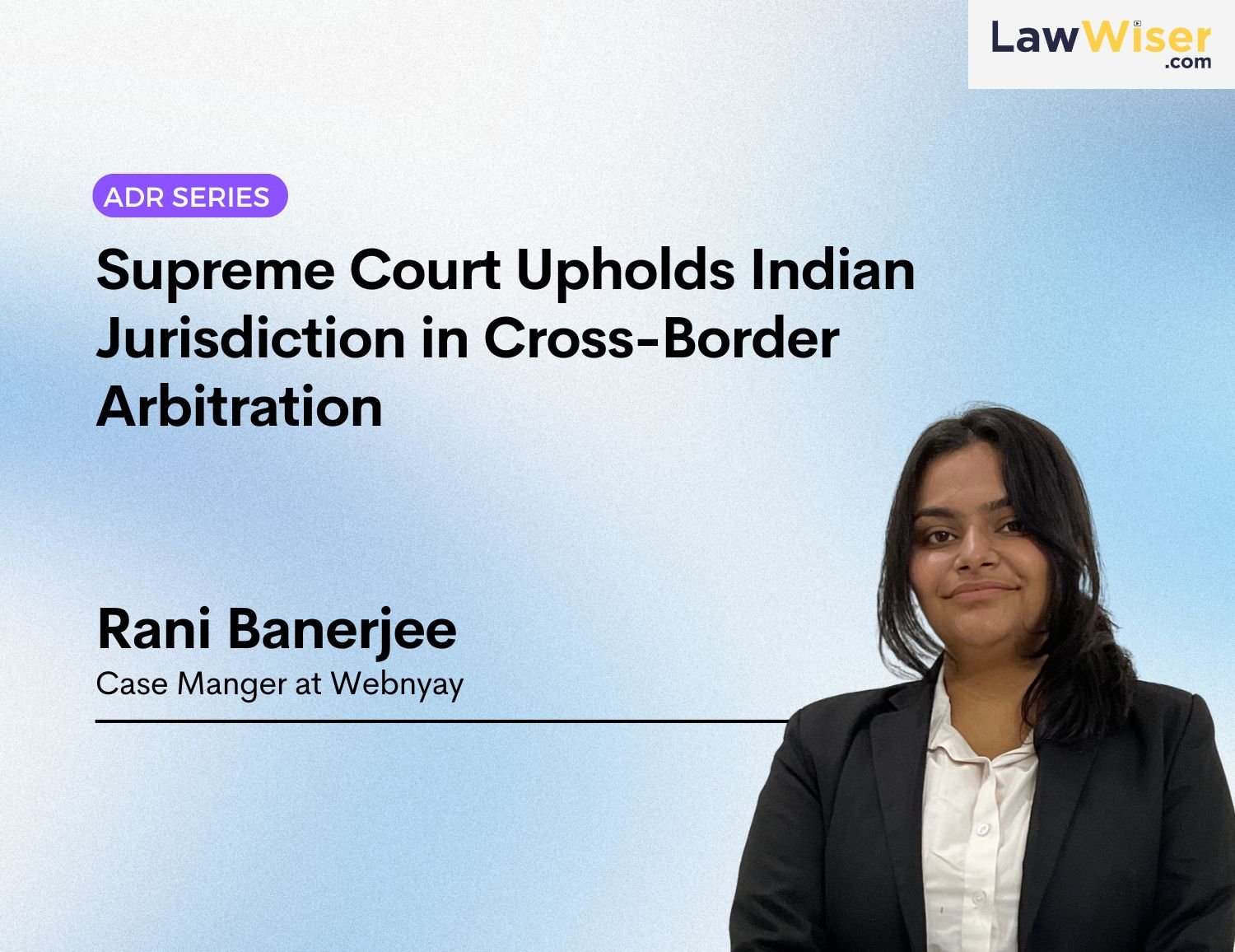The statute of limitations in Indian law refers to the legal principle that sets the maximum time period within which a lawsuit or legal action must be initiated after the occurrence of an alleged offense or injury. The statute of limitations serves to promote fairness, certainty, and finality in legal proceedings by preventing stale claims, preserving evidence, and encouraging prompt resolution of disputes. Different types of claims may be subject to specific statutes of limitations, which vary depending on the nature of the claim, the applicable law, and the jurisdiction. For example, civil claims such as breach of contract, personal injury, or property damage may have different limitation periods than criminal offenses such as theft, fraud, or assault. The limitation period typically begins to run from the date of the alleged harm or the discovery of the injury, depending on the nature of the claim and the applicable legal standard. Once the statute of limitations expires, the claim is said to be time-barred, and the plaintiff loses the right to pursue legal action against the defendant. However, certain exceptions or tolling provisions may extend the limitation period in cases involving fraud, concealment, disability, or other equitable considerations. The statute of limitations balances the interests of plaintiffs in seeking redress with the need for finality and predictability in the legal system, ensuring that legal claims are pursued in a timely manner.
Don’t have an account? Sign Up
Statute of Limitations
 June 8, 2024
June 8, 2024
Alternate Dispute ResolutionCORPORATELAWPOPULARThe In House Circle ArticleThe In House Circle ArticleTRENDINGUncategorized
Most Read
Alternate Dispute Resolution
No Valid Arbitration Agreement: Calcutta High Court Rejects Request for Arbitrator Appointment
Alternate Dispute Resolution
Supreme Court Upholds Indian Jurisdiction in Cross-Border Arbitration
Alternate Dispute Resolution
Second Chance: Bombay High Court orders fresh Arbitration after earlier award was set aside
Share
Write a Reply or Comment Cancel reply
CONTINUE READING
TWITTER FEED
- Congratulations to @VivekSoodDelhi for being recognised as ‘Emerging Senior Counsel of the Year’ at #UKILP… https://t.co/oHwBtL5geH
- Wishing you a Merry Christmas and a Happy New Year from all of us at LawWiser!#christmaseve #newyears https://t.co/ax6VOHyUcj
- Watch @AvaniShukla27, Associate- Content & Collaborations, LawWiser to learn about the recent landmark verdict give… https://t.co/OZnf0Z9PJr
- We are delighted to share that our Co-founder @LavanyaBehl1 is featured in the 30 people to watch in the… https://t.co/wmMrtvduKk
- Sanjeev Sachdeva has rejoined Luthra and Luthra Law Offices India Leadership team as Mentor and Partner. Read More… https://t.co/7F1M8p4w23
LINKEDIN FEED
- See you tomorrow at LawWiser Sip & Paint event, Co-hosted by Desai & Diwanji. #legal #law #lawfirm
- Wishing you a Happy Republic Day from all of us at LawWiser! #republicday #constitutionofindia
- Catch a glimpse of the vibrant moments from our previous Sip & Paint event.#legalevents #lawfirm #generalcounsel
- Exploring Essential Business Documents! In our latest video, we delved into crucial documents vital for every business journey: https://lnkd.in/d-vYuDDs
- From shaping ethical business practices to ensuring social justice, law plays a pivotal role in our world. Get ready to explore how legal frameworks empower businesses and create positive societal change.#staytuned #legal #lawforchange #changemakers











 April 21, 2025
April 21, 2025 0 COMMENTS
0 COMMENTS



